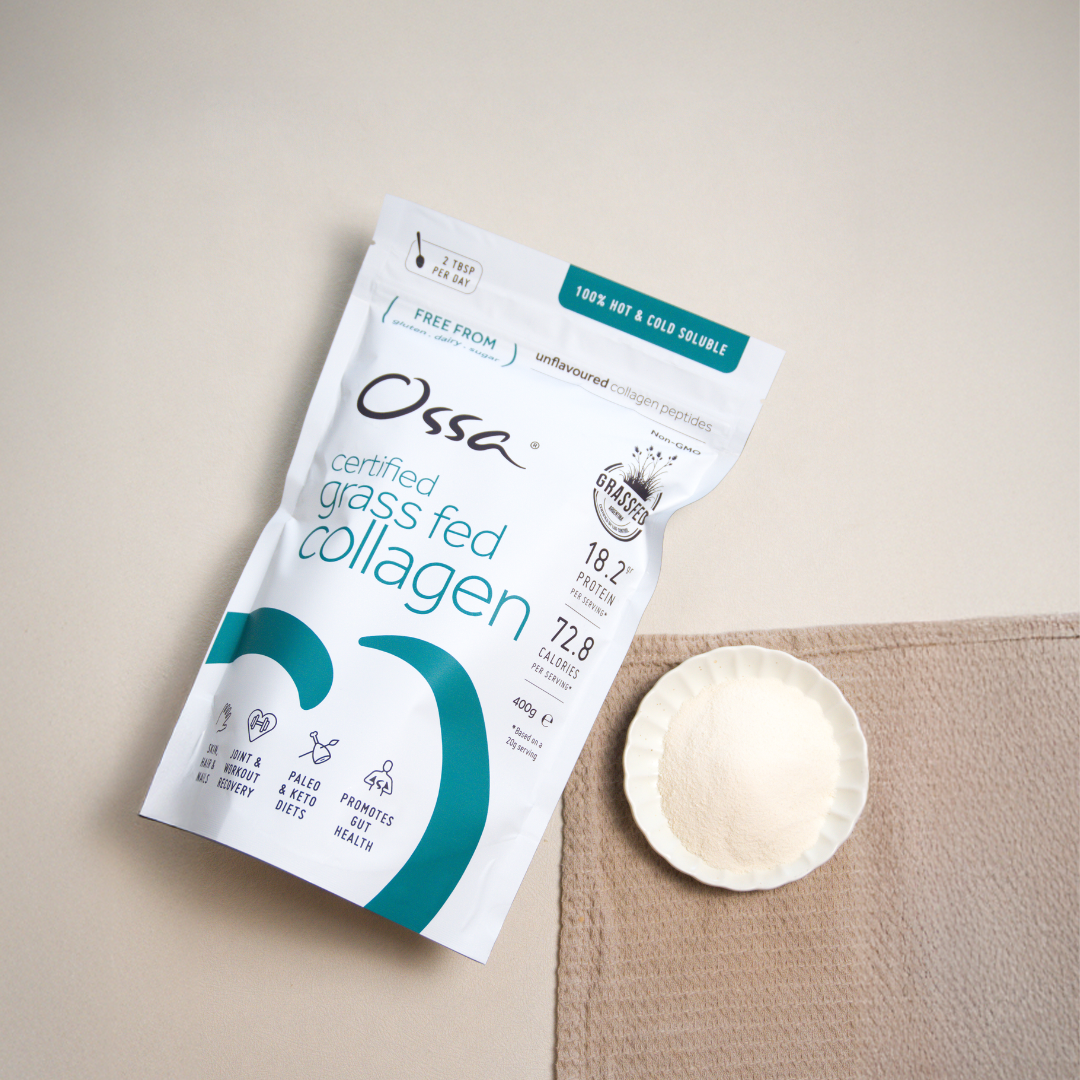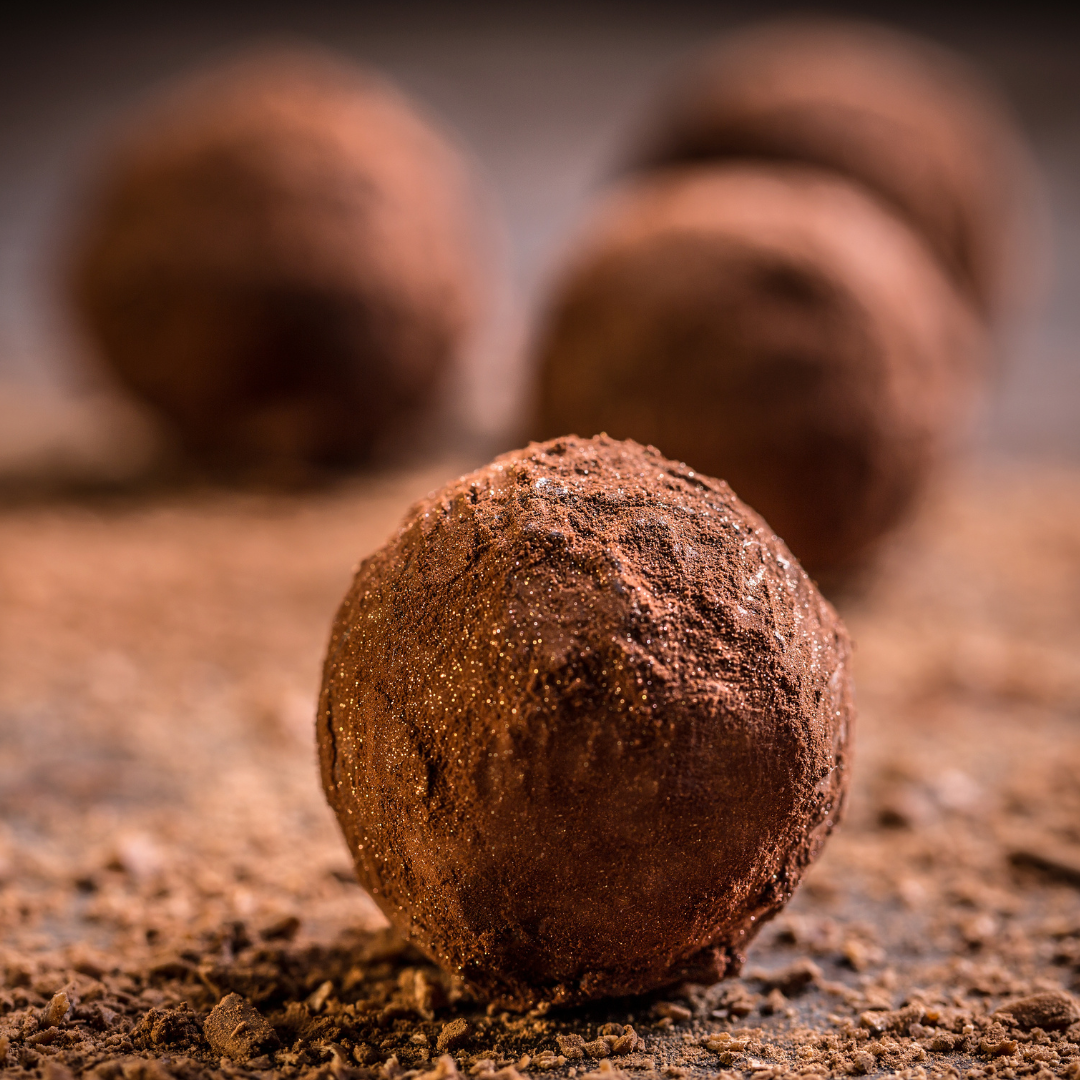When we think about fuelling athletic performance, the first things that often come to mind are protein shakes, carbohydrates for energy, and hydration strategies. But there’s a powerful, often overlooked ally in the world of performance nutrition that deserves its moment in the spotlight: collagen protein powder.
For centuries, our ancestors consumed whole-animal foods from broths made with bones to slow-cooked cuts rich in connective tissue. Today, much of this wisdom has been lost in a world of quick meals and ultra-processed supplements. Yet modern science and ancestral knowledge are aligning again to highlight just how important collagen is, particularly for athletes. Whether you’re chasing faster recovery, stronger joints, or more resilience in training, collagen isn’t just a trendy add-on it’s a foundational building block.
This is the truth about collagen for performance and recovery, and why collagen protein powder should have a permanent place in every athlete’s nutrition plan.
Why Collagen Is Different from Other Proteins
When athletes think “protein,” they usually think of whey, casein, or plant-based powders like pea or soy. These are excellent for muscle protein synthesis thanks to their high levels of branched-chain amino acids (BCAAs), particularly leucine. But while they build muscle, they don’t provide the unique amino acid profile needed for joint strength, connective tissue repair, and tendon resilience.
Collagen powder is rich in glycine, proline, and hydroxyproline amino acids rarely found in high amounts in muscle meat. These compounds are what your body uses to maintain cartilage, ligaments, tendons, and the connective scaffolding that keeps everything moving smoothly. For athletes, who put repeated stress on their joints and connective tissues, this is where collagen stands out.
Think of it this way: whey and plant proteins are excellent for building the engine (muscles), while collagen provides the bolts, oil, and framework that keep that engine running smoothly under pressure. Without both, you risk breakdown.
The Athletic Edge: Collagen for Joints and Tendons
Every squat, every sprint, every heavy lift loads your joints and tendons. Over time, micro-tears in connective tissue can lead to inflammation, stiffness, or injury. While muscles recover quickly thanks to high blood flow, connective tissues heal much more slowly often leaving athletes frustrated.
Here’s where collagen powder plays its part. Supplementation provides the raw materials your body needs to repair and strengthen these tissues. Regular use has been shown to improve joint comfort, reduce exercise-related stiffness, and even support tendon elasticity.
For endurance athletes, that might mean fewer knee aches on long runs. For lifters, it could mean more resilience in the shoulders and elbows. For all athletes, it means fewer interruptions in training and a stronger base for pushing performance further.
Muscle Repair and Recovery
It’s not just about joints. Collagen powder can also play a subtle but important role in muscle repair. While not as anabolic as whey, collagen still contributes to total protein intake, which is critical for recovery. But its real magic lies in how it complements other proteins.
Pairing collagen with whey or a plant protein can give you the best of both worlds rapid muscle recovery and deeper tissue support. Imagine repairing not just the muscle fibres, but also the connective web that anchors them. This holistic recovery means less soreness, reduced injury risk, and a stronger foundation for growth.
Collagen and Bone Strength
Strong bones are non-negotiable for athletic performance. Every stride, jump, or lift depends on a resilient skeletal system. Collagen makes up a large part of bone structure, providing the flexible framework on which minerals like calcium are laid.
Athletes who include collagen powder in their diet are essentially investing in long-term skeletal resilience. Combined with weight-bearing exercise and nutrient-rich foods, collagen helps reduce the risk of stress fractures and supports bone density over time.
The Recovery Window: Timing Collagen Right
Athletes often ask: when’s the best time to take collagen powder? The answer depends on your training schedule.
-
Pre-training: Consuming collagen about 30–60 minutes before training, ideally with vitamin C (think orange juice or berries), can prime the body with amino acids for connective tissue repair.
-
Post-training: Adding collagen to your recovery shake alongside another protein source gives you both muscle and joint recovery support.
-
Daily maintenance: For athletes in heavy training blocks, a consistent daily dose helps maintain resilience, even on rest days.
Unlike some supplements that rely on timing hacks, collagen works best when used consistently. Think of it as feeding your tissues the nourishment they need to adapt and strengthen over time.
Collagen for Injury Prevention and Rehab
Injury is every athlete’s nightmare. The downtime, the rehab, the frustration of losing progress. While no supplement is a magic shield, collagen powder can help lower risk by improving tissue resilience.
For athletes already dealing with nagging tendonitis or overuse injuries, collagen can also play a role in recovery. By supplying the amino acids directly involved in connective tissue healing, it gives the body the tools it needs to repair damaged areas. Paired with rest, physiotherapy, and smart training, collagen can support a quicker and more complete return to activity.
Collagen and Athletic Longevity
Performance isn’t just about how strong you are today. It’s about how long you can keep going. Many athletes see their peak years cut short not by lack of muscle, but by joint problems, chronic injuries, or degeneration.
Collagen powder is one of the simplest tools for athletic longevity. It’s not flashy, but it builds the durability that allows athletes to train hard year after year. Whether you’re competing professionally or simply want to stay active into your 40s, 50s, and beyond, collagen lays down the scaffolding for a lifetime of movement.
Collagen and Energy: The Glycine Advantage
Collagen isn’t just structural. Its high glycine content provides surprising metabolic benefits. Glycine supports the nervous system, aids in better sleep, and helps regulate blood sugar. For athletes, this translates into steadier energy, more restorative rest, and sharper focus.
Sleep is often the most undervalued part of recovery, yet it’s during deep sleep that muscle and tissue repair occurs. By supporting relaxation and quality sleep, collagen powder indirectly enhances recovery and performance too.
How Athletes Can Use Collagen Protein Powder
The beauty of collagen powder lies in its versatility. It has a neutral taste and dissolves easily, making it simple to integrate into any lifestyle. Here are some athlete-friendly ideas:
-
Blend into your post-workout smoothie with fruit and another protein powder.
-
Stir into your morning coffee with a teaspoon of ghee for sustained energy.
-
Add to overnight oats or porridge for a recovery-focused breakfast.
-
Mix into soups or stews for a savoury option.
-
Combine with hot water, honey, and lemon for a soothing evening drink.
Consistency is key, so choose the method that fits seamlessly into your day.
Choosing the Right Collagen Protein Powder
Not all collagen powders are created equal. For athletes, quality matters. Look for:
-
Grass-fed, pasture-raised sources — to ensure purity and nutrient density.
-
Hydrolysed collagen (collagen peptides) — for easy digestion and maximum absorption.
-
No fillers, additives, or artificial flavourings — so you’re only getting what your body needs.
At Ossa, our collagen powder is crafted with the same ancestral wisdom that guided generations before us. Pure, clean, and effective because athletes deserve nothing less.
Collagen as Part of a Holistic Athlete’s Lifestyle
While collagen powder is powerful, it works best as part of a whole lifestyle rooted in nourishment and balance. Athletes who combine collagen with nutrient-rich whole foods, smart training, adequate sleep, and recovery practices will see the greatest benefits.
Collagen doesn’t replace other proteins; it complements them. It doesn’t replace discipline; it amplifies the results of your hard work. Think of it as the silent supporter in the background not stealing the spotlight, but making sure the show can go on without interruption.
Collagen Protein Powder: The Missing Link in Performance
For too long, athletes have focused only on muscle, overlooking the importance of the connective tissues, joints, and bones that hold everything together. Collagen powder fills that gap, offering a natural, ancestral solution to modern athletic demands.
Whether you’re running marathons, lifting heavy, cycling long distances, or training for your personal best, collagen provides the resilience, repair, and recovery your body craves. It’s not about quick fixes or synthetic shortcuts it’s about giving your body the building blocks it’s designed to thrive on.
With collagen powder in your toolkit, you’re not just training harder you’re training smarter, protecting your future, and fuelling a lifetime of performance.





